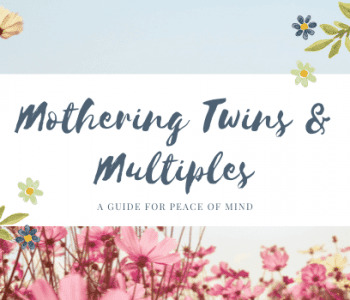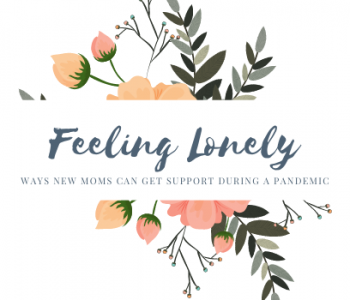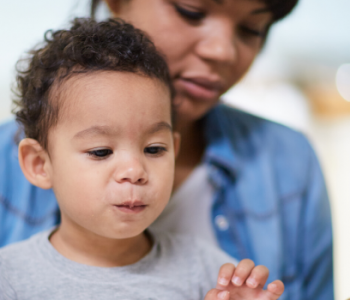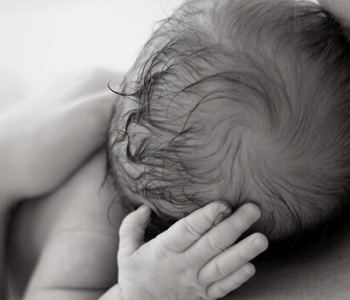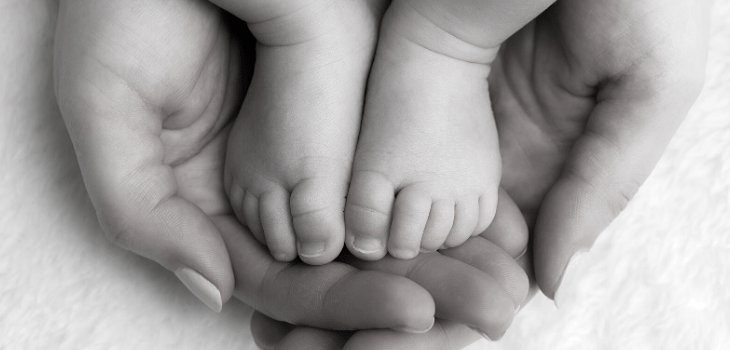 BIrth
BIrth
Birth Trauma and PTSD (You Are Not Alone!)
Birth Trauma Defined
Birth trauma is a shorthand phrase for post-traumatic stress disorder (PTSD) after childbirth. PTSD was first identified amongst soldiers returning from the Vietnam War. And, it’s often thought it’s a condition only experienced by soldiers. In fact, PTSD can follow any traumatic event such as being in a car accident, being sexually abused or having a birth where our safety or that of our baby’s – feels threatened.
It can also happen to people who have witnessed a traumatic event, so people who have seen a bad car accident, for example, often experience PTSD. This is why some partners, and even midwives, experience PTSD after seeing a traumatic birth.
Exploring Fear in Birth
In most cases, what makes birth traumatic is the fear that you or your baby are going to die. Oftentimes, birth trauma is seen in women who have lost a lot of blood or who had to have an emergency caesarean because their baby’s heart rate suddenly dipped.
Other examples are: a lengthy labor or short and very painful labor, induction, instrumental delivery, loss of blood after birth (postpartum haemorrhage), feeling of loss of control, feeling unsupported by staff, fear of death or permanent damage, unexpected medical interventions, stillbirth or a baby’s stay in the NICU. In short, it could be anything that terrifies you.
Symptoms of Birth Trauma (Postpartum PTSD)
If you’ve given birth lately and are wondering if you have experienced birth trauma, also known as postpartum PTSD, you may be experiencing similar symptoms as those listed below:
- Intrusive reexperiencing of a past traumatic events, through flashbacks or nightmares
- Over protective of your baby
- Avoidance of stimuli associated with the event, including thoughts, feelings, people, places and details of the event
- Persistent increased arousal (irritability, difficulty sleeping, hypervigilance, exaggerated startle response)
- Difficulty bonding with your baby or difficulty with breastfeeding
- Anxiety and panic attacks
- Feeling a sense of unreality and detachment
Postpartum PTSD is temporary and treatable with professional help. If you feel you may be suffering from this illness, know that it is not your fault and you’re not to blame. You are also not alone! (Soul Song plug here).
Treatments for Birth Trauma
There have been two main treatments that have been found to work. The first being trauma-focused cognitive behavioural therapy (CBT), which can help you change how you think about your experience. Instead of focusing on the causes of your distress or symptoms in the past, it looks for ways to improve your state of mind now. This method usually involves multiple sessions, over the course of at least two or three months.
The second treatment is Brainspotting. This is a way of moving or stopping your flashbacks and feelings of fear by moving them into your long-term memory store. It uses a technique that involves a combination of focused mindfulness and somatic experiencing while listening to biolateral music through headphones. This may sound strange but many sufferers find it very effective.
Talk to your therapist or medical provider If you’re feeling depressed or anxious to discuss options in managing those symptoms. At Soul Song Counseling, you’re safe to express yourself and find healing.
About Soul Song Counseling
Becca Hart, LPC serves mothers in the perinatal phase (expecting and postnatal, as well as those grieving a pregnancy or child loss). Becoming a mother seems to turn your soul inside out (um, and your body, which is why we wrote this article!). Yet, you can put the pieces back together, find yourself again, and become an even better version of yourself with support, and a listening ear. If you could use someone in your corner right now (and some time JUST for you), click here to see if Soul Song Counseling is a good fit for you.
References:
Healthline Parenthood https://www.healthline.com/health/pregnancy/trauma-of-birth-for-women
The Birth Trauma Association https://www.birthtraumaassociation.org.uk/#
Postpartum Support International https://www.postpartum.net/learn-more/postpartum-post-traumatic-stress-disorder/
